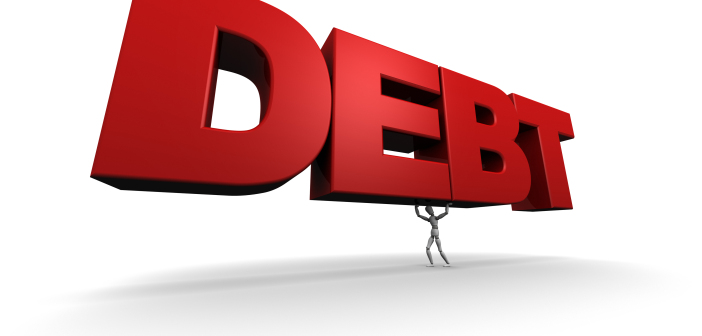Getting out of debt is, in theory, a simple situation. Consumers undertake debt, and then they repay those accounts with interest. That tends to sound deceptively simple to the average consumer. In practice, individuals will find that debt grows more often than it shrinks. Even diligence in repaying loans and credit cards can prove ineffective. A lost job or missed payment can throw consumers into a financial rut that’s hard to beat. Millions of people find themselves in such a situation each day.
How The Situation Often Plays Out
Many consumers start out by contacting their creditors. A major life change, such as a lost job or disability, can convince creditors to be lenient on payments. Sometimes, creditors will even cut consumers some slack on simple missed payments. These companies are in the game of making money, so understanding only goes so far. More often consumers will find themselves receiving debt collection letters and phone calls. From there, a person’s credit score drops, and all their money seems to go toward debt.
Taking Stock Of The Potential Solutions
At some point, consumers reach the point that they’re feeling overwhelmed by debt. The last thing a person should do is lose hope here. Each person can create a debt management plan to address the situation. Sometimes, they’ll handle this process alone, and other times a debt management company will lend a hand. Consumers in deep debt might even consider bankruptcy proceedings before too long. It’s often debated whether bankruptcy is actually a viable debt management solution, though.
Bankruptcy: Is It A Smart Idea?
These days, bankruptcy seems to be a consumer’s first idea rather than a last resort. According to Kehoe & Beslow, LLC, “A bankruptcy filing wipes out most debts for a given consumer. They then have a record on their credit report denoting that event for seven years. Typically, this means that an individual will experience hardships being approved for credit during that period.” Not all debts are wiped out either. Canceled debts can provide individuals with some major relief from their financial situation, though.
Without a doubt, bankruptcy shouldn’t be a consumer’s go-to solution. Only those in severe dire straits should consider this option. A bankruptcy can harm a credit report more than collection accounts, especially accounts that are paid off later on. Plus, current accounts not in collections can often be paid off without reflecting poorly on a credit report. A bankruptcy should always remain a final option when debt management options have been exhausted by the consumer.
Why Debt Management Is Smarter (And Better)
An effective debt management plan can tackle debts with an active account, or those placed with a debt collection agency. Likely, an individual will work with a debt counseling company negotiate with creditors. Creditors might strike a deal for less than the account balance to settle an account or bring it current. This is especially true for collection accounts. In some cases, consumers can save money by negotiating with creditors while keeping accounts active, which is always preferable.
In the end, successful debt management helps a person reign in their existing debts. Active accounts can be saved from becoming collection accounts, which then reflect negatively on a credit report. Even collection accounts can be negotiated down and marked as paid on the report. For the most part, these actions are far less harmful to a person’s credit history than a full bankruptcy. Debt management can help even the most desperate consumers right their course before bankruptcy becomes necessary. A debt management plan is usually the best idea, and bankruptcies should be avoided.




